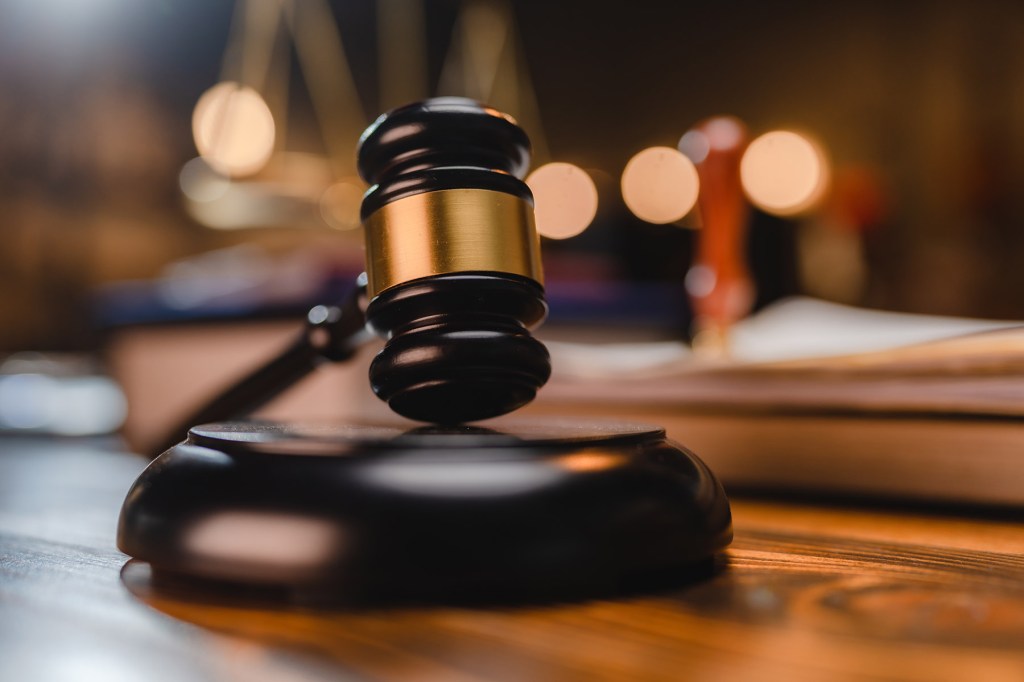In a landmark decision that could reshape how creative expression is treated in American courtrooms, a New York appeals court has overturned a murder conviction that relied heavily on rap lyrics as evidence. The case highlights a growing controversy over the use of artistic expression in criminal proceedings and raises fundamental questions about constitutional protections for creative speech.
The Brooklyn Case That Changed Everything
The controversy centers around a 2016 Brooklyn shooting trial where prosecutors used a defendant’s rap lyrics as key evidence to secure a conviction. However, on Tuesday, September 23, a New York state appeals court ruled that the use of these lyrics violated the defendant’s right to a fair trial, citing the “inherent ambiguity” of artistic expression and its potential to unfairly prejudice jurors.
The appeals court’s decision represents a significant victory for advocates who have long argued that using rap lyrics as evidence creates a dangerous precedent that could chill artistic expression and disproportionately impact communities of color. The ruling acknowledges that artistic works, particularly in genres like rap and hip-hop, often employ fictional narratives, metaphorical language, and personas that don’t necessarily reflect the artist’s real-life actions or intentions.
The Troubling Pattern of Prosecutorial Overreach
This Brooklyn case is far from isolated. Across the United States, prosecutors have increasingly turned to rap lyrics as evidence in criminal trials, often arguing that these artistic expressions constitute confessions or evidence of criminal intent. Research conducted by legal scholars has identified hundreds of cases where rap lyrics have been introduced as evidence, with the practice becoming particularly prevalent in murder, assault, and gang-related prosecutions.
The appeal of using rap lyrics in court is understandable from a prosecutorial perspective. The genre often features vivid storytelling, references to violence, and descriptions of criminal activity that can seem compelling to jurors unfamiliar with hip-hop’s artistic traditions. However, critics argue that this approach fundamentally misunderstands the nature of artistic expression and creates a troubling double standard.
Constitutional Concerns and First Amendment Rights
The use of rap lyrics as evidence raises serious constitutional questions, particularly regarding First Amendment protections for artistic expression. Legal experts point out that other forms of creative work, such as novels, films, or rock songs, are rarely subjected to the same scrutiny in criminal proceedings, suggesting a discriminatory application of prosecutorial tactics.
The appeals court’s decision in the Brooklyn case specifically addressed this concern, noting that rap music, like other forms of artistic expression, is protected speech that often involves fictional elements, artistic license, and cultural commentary rather than literal autobiographical accounts.
The Cultural Context of Hip-Hop Expression
Understanding the controversy requires examining the cultural and artistic traditions of hip-hop music. The genre has long served as a form of social commentary, allowing artists to address issues of poverty, violence, systemic inequality, and urban life through narrative storytelling. Many rap songs employ personas, fictional scenarios, and exaggerated imagery as artistic devices, much like characters in literature or film.
Hip-hop scholars and cultural critics argue that treating rap lyrics as literal confessions demonstrates a fundamental misunderstanding of the genre’s artistic conventions. They point out that the same standards would never be applied to other forms of creative expression – no one assumes that Stephen King is a serial killer based on his horror novels, or that Johnny Cash actually shot a man in Reno simply because he sang about it.
Racial Bias and Disproportionate Impact
The practice of using rap lyrics as evidence has raised significant concerns about racial bias in the criminal justice system. Since hip-hop is predominantly associated with Black and Latino communities, critics argue that targeting this specific form of artistic expression perpetuates existing disparities in prosecution and sentencing.
Research has shown that the use of rap lyrics as evidence disproportionately affects defendants from minority communities, potentially reinforcing harmful stereotypes and prejudicing predominantly white juries against defendants. This creates a chilling effect on artistic expression in communities that have historically used music as a means of social and political commentary.
Legal Precedents and Growing Resistance
The Brooklyn appeals court decision joins a growing body of legal precedents questioning the admissibility of rap lyrics as evidence. Several states have begun to reconsider their approaches to this issue, with some implementing stricter standards for when such evidence can be introduced in court.
In 2022, California passed legislation specifically limiting the use of rap lyrics as evidence in criminal trials, requiring prosecutors to meet higher standards before introducing such material. The law acknowledges that creative expression should not be used to criminalize artistic communities and provides additional protections for defendants whose artistic works might otherwise be misconstrued as evidence of criminal activity.
The Role of Expert Testimony
Legal experts suggest that when artistic expression is relevant to a case, courts should require expert testimony about the cultural and artistic context of the work in question. This approach would help jurors understand the conventions and traditions of hip-hop music, reducing the likelihood that fictional or metaphorical content would be misinterpreted as literal confession.
Implications for the Future of Criminal Justice
The reversal of the Brooklyn conviction signals a potential shift in how courts approach artistic expression in criminal proceedings. The decision could encourage defense attorneys to challenge the use of rap lyrics more aggressively and may prompt prosecutors to reconsider their reliance on such evidence.
The ruling also has broader implications for creative freedom in America. By recognizing the “inherent ambiguity” of artistic expression and its potential to unfairly prejudice jurors, the appeals court has affirmed important constitutional principles that protect all forms of creative speech.
Moving Forward: Balancing Justice and Constitutional Rights
As the legal system grapples with these issues, courts must find ways to balance legitimate law enforcement interests with constitutional protections for artistic expression. This may require developing new standards for when creative works can be admitted as evidence and ensuring that jurors receive proper instruction about the nature and purpose of artistic expression.
Key Takeaways
- A New York appeals court reversed a murder conviction that relied on rap lyrics as evidence, citing concerns about fair trial rights
- The practice of using rap lyrics in court disproportionately affects minority defendants and raises serious constitutional concerns
- Hip-hop music, like other art forms, often employs fictional narratives and personas that don’t reflect literal truth
- Several states are reconsidering their approaches to using creative expression as evidence in criminal trials
- The decision could set important precedents for protecting First Amendment rights and ensuring fair trials
- Legal experts recommend requiring cultural context when artistic works are introduced as evidence
This landmark decision represents more than just one overturned conviction – it’s a recognition that artistic expression deserves constitutional protection and that the criminal justice system must evolve to respect both public safety and fundamental rights. As courts continue to grapple with these complex issues, the Brooklyn case will likely serve as an important precedent for protecting creative freedom while ensuring fair trials for all defendants.

Born and raised amidst the hustle and bustle of the Big Apple, I’ve witnessed the city’s many exciting phases. When I’m not exploring the city or penning down my thoughts, you can find me sipping on a cup of coffee at my favorite local café, playing chess or planning my next trip. For the last twelve years, I’ve been living in South Williamsburg with my partner Berenike.

